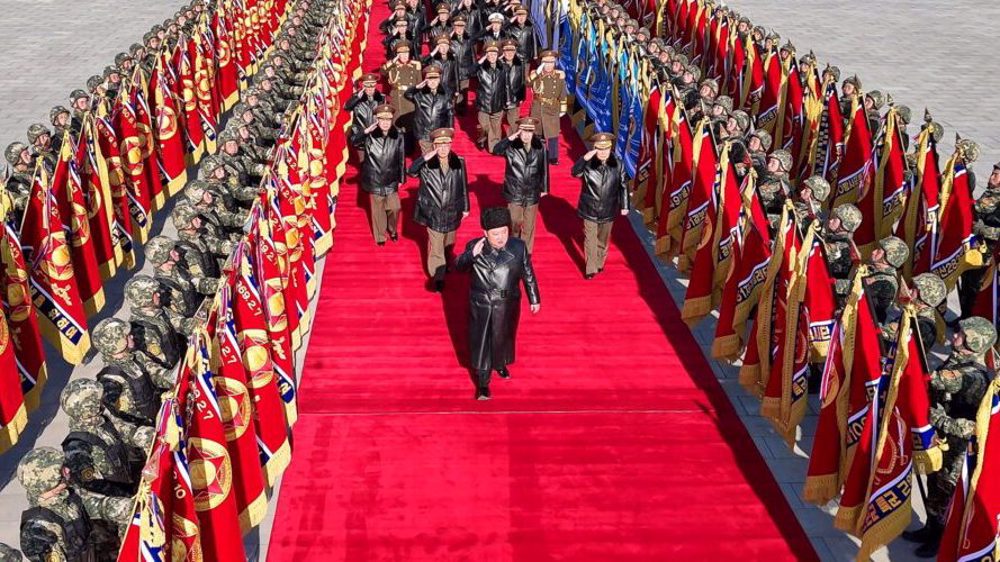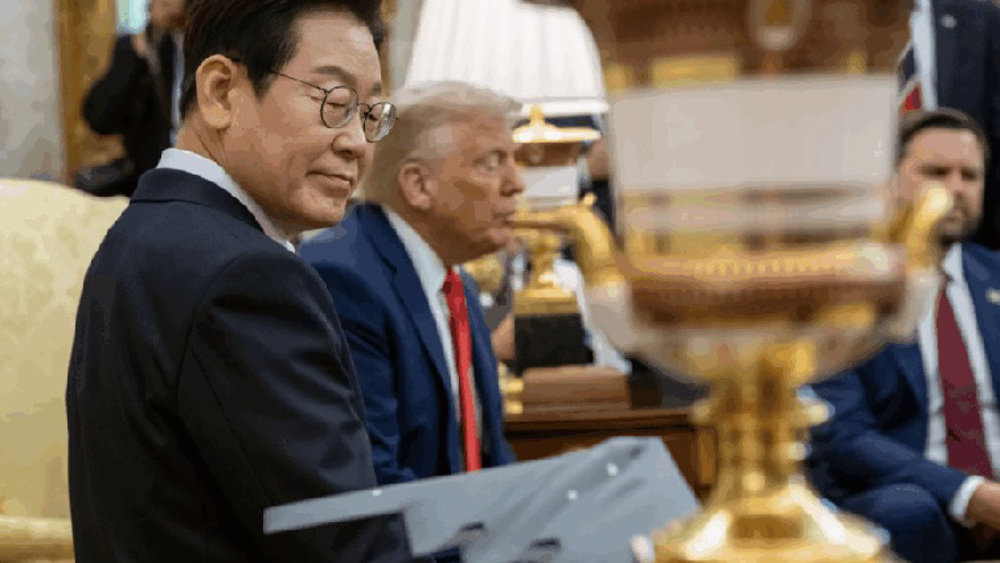US allows South Korea to use solid fuel in space launch vehicles, missiles
South Korea says it has reached an agreement with the United States to use solid fuel for space launch vehicles, a move that would facilitate Seoul’s plans to enhance surveillance capabilities over the Korean Peninsula and build more powerful missiles.
The South Korean government said on Tuesday that Washington had agreed to “completely remove the restrictions on the use of solid fuels for [South Korea’s] space vehicle.”
The agreement lifts the entire restrictions that Seoul and Washington first affirmed commitment to in 1979 and were last amended in 2017. The US had imposed restrictions over concerns that solid fuel could lead to the development of more advanced rockets and a regional arms race.
Solid fuel is less expensive, offers greater mobility for missiles and rockets, and reduces launch preparation time.
“This revision would allow us to have an unblinking eye that monitors the Korean Peninsula 24/7,” Kim Hyun-chong, South Korea’s deputy national security adviser, told reporters in the capital, Seoul.
“If we fire low-altitude launch vehicles based on our own solid fuel propellant as planned, it would dramatically improve our military’s reconnaissance capabilities,” he added.
Kim also underlined that all South Korean companies and research institutes would technically be capable of developing and producing space rockets that used not only liquid fuels but also solid and hybrid ones “with no restrictions.”
The South Korean official said the new deal still precluded Seoul from having a missile with a range of more than 800 kilometers but added the issue could be resolved with Washington if that was needed for South Korean national security.
A maximum range of 800 kilometers for a South Korean missile would be enough to strike North Korea.
The agreement is expected to trigger a fierce reaction from the North, which has for decades been a vociferous opponent of US-South Korea military activities on the Korean Peninsula.
Pyongyang has slammed South Korea for its “double-dealing attitude” because of Seoul’s refusal to stop joint war games with the US and purchases of advanced weapons from Washington while claiming to seek peace with the North.
North Korea has been under harsh US sanctions over its nuclear and ballistic missile programs for years. The US and South Korea routinely hold military maneuvers on the Korean Peninsula to deter what they call a threat from the North.
Iran resolved to uphold nation’s nuclear rights via diplomacy: FM Araghchi
The erasure of Palestinian cultural legacy by British Museum
American citizens have borne the ‘lion’s share’ of Trump’s tariff costs: Economist
$50m sportwashing: After turning blind eye to genocide for two years, FIFA funds Gaza stadiums
VIDEO | Trump’s foreign, domestic policies dealt blow after Supreme Court struck down global tariffs
VIDEO | Pakistan launches cross-border strikes into Afghanistan after series of suicide bombings
VIDEO | Dublin rally condemns Western-backed genocide in Gaza
Zelensky acting ‘maliciously’ by cutting oil supply: Slovakia’s PM











 This makes it easy to access the Press TV website
This makes it easy to access the Press TV website